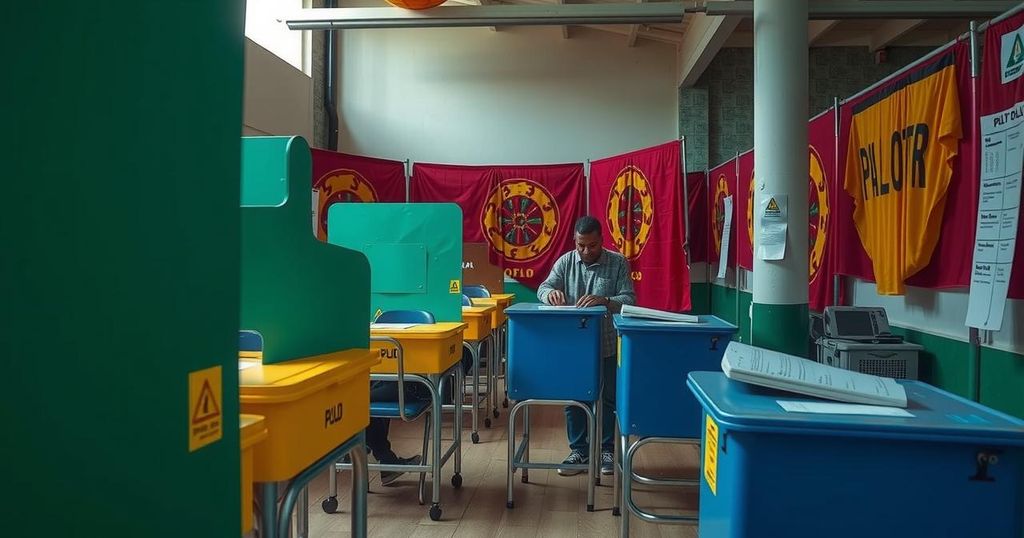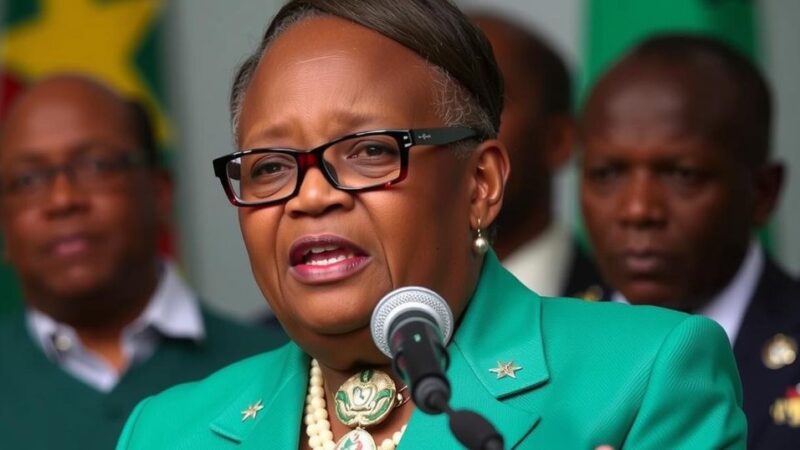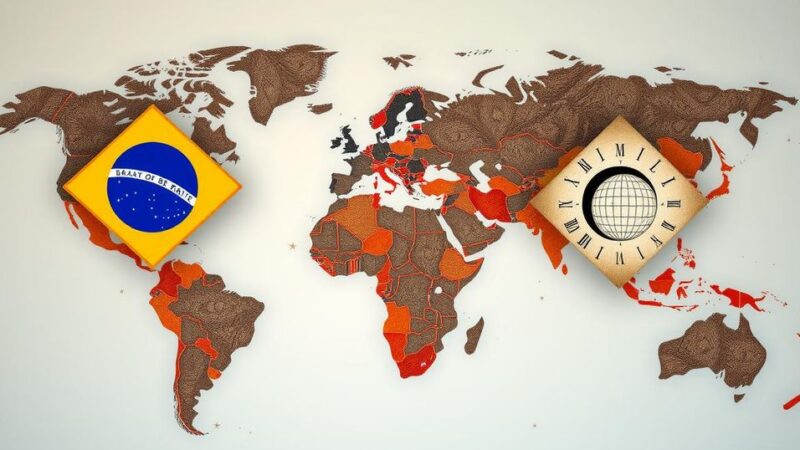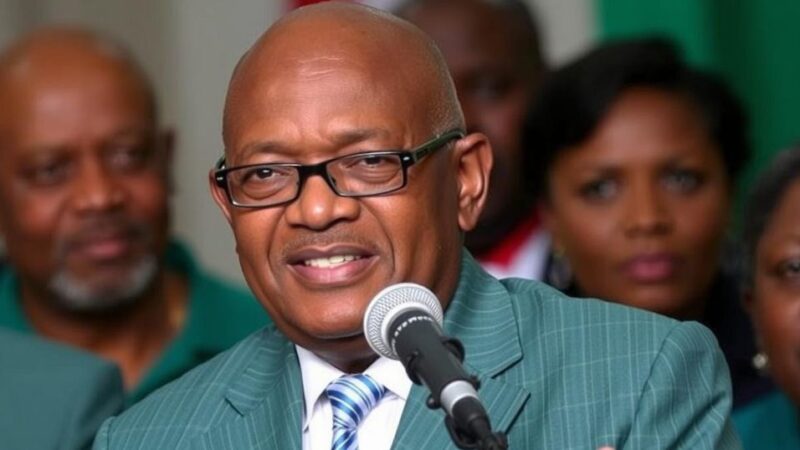Mauritius conducted parliamentary elections criticized for potential fraud amid a phone-tapping scandal. Prime Minister Pravind Jugnauth’s administration faces scrutiny as the opposition raises concerns about democratic integrity. Voter turnout is significant, with both major parties promising to address socioeconomic challenges. The elections may reshape Mauritius’ political future and governance standards.
Mauritius held parliamentary elections amidst a contentious atmosphere clouded by a recent phone-tapping scandal. The elections, taking place in a country recognized for its democratic stability, followed a significant diplomatic achievement whereby Britain conceded sovereignty of the Chagos Islands. Prime Minister Pravind Jugnauth, who sought re-election, was impacted by the release of incriminating phone calls involving various political figures. Opponents raised alarms about potential electoral fraud, further exacerbating public concerns regarding the integrity of the electoral process. Despite these tensions, voter turnout remained robust, with authorities implementing measures to uphold election security and transparency. The outcome of this election will significantly influence the political landscape of Mauritius, as both leading parties pledge to address pressing socio-economic issues.
The context of the parliamentary elections in Mauritius is shaped by a series of political events and controversies that have unfolded in recent weeks. The ceding of the Chagos Islands to Mauritius marked an important moment in the nation’s history, yet it has also been overshadowed by allegations of unethical conduct within the government, particularly illustrated by the phone-tapping revelations. These incidents have raised concerns over the erosion of democratic values and civil liberties in Mauritius, prompting criticism from opposition parties and civil society members. The political landscape is characterized by longstanding rivalries, with the upcoming election being a crucial test of governance and public trust.
In summary, the parliamentary elections in Mauritius are being closely watched amid allegations of a phone-tapping scandal and fears of electoral fraud. This political event will not only determine the future leadership but will also serve as a litmus test for Mauritian democracy and governance. The elected officials will be tasked with addressing critical issues such as poverty alleviation and corruption, emphasizing the importance of maintaining transparency and integrity in the electoral process.
Original Source: www.bryantimes.com







